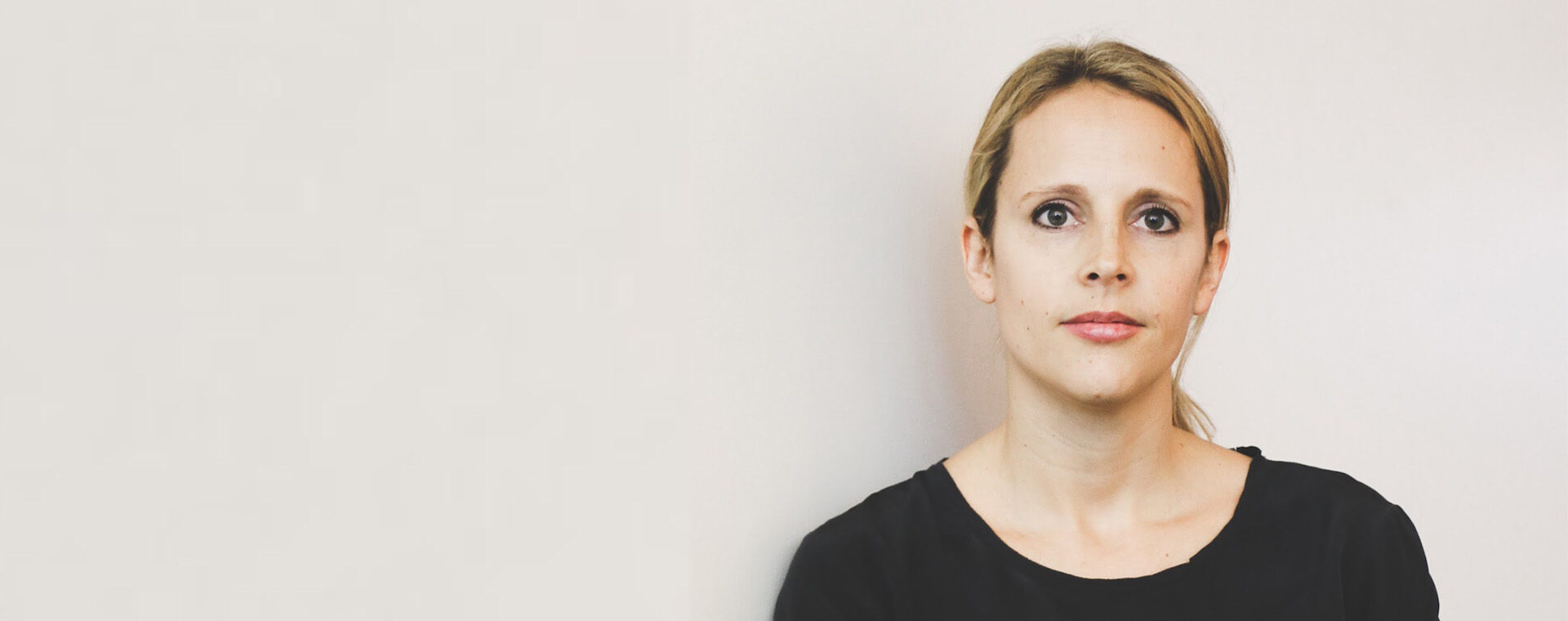THE MAP

Katherin creates the transforming environment where everyone can develop the mindset of a social entrepreneur.
April 2014, New York. In a room in Dumbo, Katherin Kirschenmann — warm smile, infectious energy — has gathered a group of 20 smart young entrepreneurs from Uganda and Sri Lanka, Vietnam and Brazil, Canada, and elsewhere.
Their task: to find a solution where everyone, including the city government with its wealth of expertise, has failed. Every day, this city throws away eight million take-away cups. The problem is huge, and for everyone to see: bins are overflowing, streets are littered. Out of view, landfill sites are growing.
Katherin’s group of fellows — selected from over 1,500 applicants — gets to work.
At the end of their 10-week stint, they have collaboratively developed the concept for what is arguably the first city-wide coffee cup sharing system. (You don’t have to bring your own, but can return the re-usable cup you’re given at any participating outlet.)
A pilot starts in Brooklyn, and makes the national news, from the Wall Street Journal to CNBC.
Similar schemes will soon become commonplace in cities around the world. Who said there couldn’t be a solution?
What skills do we really need in order to create
a better world for people, planet, and economy?
Rewind a year or so, and you’ll find Katherin and her husband, Florian Hoffmann, restlessly talking to Nobel laureates and CEOs, thinkers and leaders. What, the two want to know, are the skills we actually need, if we are to create a world that works for people, the environment — and the economy?
Their questioning leads them, again and again, to one realisation: it’s not so much about acquiring knowledge (expertise abounds, and so do bright ideas), but about finding (designing!) ways of using your expertise, and turning ideas into action.
Katherin does not want to remain passive, and merely react to change; she wants to start leading it and create the kind of environment where people — from whichever background, in all kinds of situations, from anywhere in the world — can develop the mindset of a social entrepreneur.
The DO School is born.
It starts to operate in Hamburg and New York, and will soon have branches in Hong Kong and Berlin. Over the coming years, it will connect tens of thousands of innovators and experts, catalyse hundreds of products and services, and begin countless individual journeys that lead to the transformation of communities and lives.
Daring entrepreneurship of this kind couldn’t be much further from Katherin when she is starting out.
Both her parents are civil servants, which in her native Germany means stability taken to its nth degree: a secure job, generous benefits, a solid pension. She trails this path at first, earns her degree (Philosophy, Economics, Business), and starts working for a series of consultancy companies.
It’s an accident fracturing her cervical spine that starts an inner searching: an injury as serious as this is not usually survived. In the hospital, she keeps thinking: “You are the most fortunate person in the world.”
She feels she’s been given a second start and decides not to take this life for granted any longer — and do something purposeful with hers.
One night (she’s back at work, as a financial consultant, the days are long, the environment tough, the pressure high), she is still up at 4am, with an alarm set for 6, when something goes off: “Why am I actually doing this?
“It’s not me, and I’m not happy. And there is no one out there that makes me do this — besides myself.”
She quits two weeks later and leaves without knowing what she’ll do.
But Katherin’s bold move happens at the right time, and when the opportunity arises to found, develop and grow The DO School, she goes all in and places its mission at the center of her new life.
She will soon be an international speaker, an executive facilitator, an educator, an entrepreneur. As a TV show host with Deutsche Welle, she probes, among many issues, how innovation can be critical to curb violence against women.
What Katherin weaves, like magic, through her work with The Do School (which now runs alongside a consultancy, The DO Group, and an ever-growing global movement of innovation, The Do Community), is a very powerful conviction:
If you bring together a group of people with different perspectives and experiences — as problem-solvers, as knowledge-sharers — something precious comes to be.
It’s diversity — in its truest sense.
Unite individuals with enthusiasm, ideas, and their own plans around a goal everyone can get behind (like fixing New York’s coffee cup problem), and you create a force for solutions that no one person, on their own, would see. And if the learnings from this travel, they create — community by community — a network that knows where a more sustainable, resilient, and inclusive world really lies: in doing.
Written by Daniel Kramb








